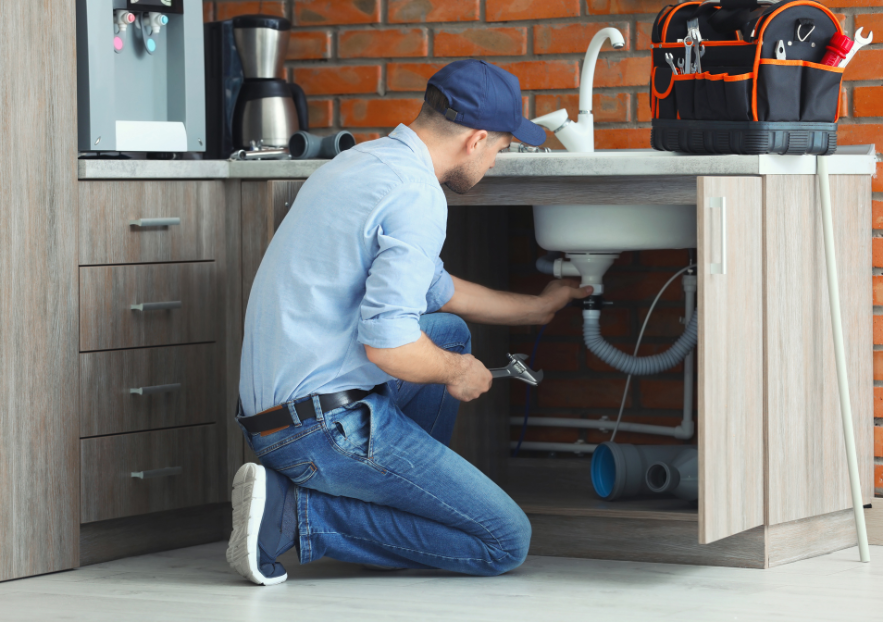
Rental properties can hit you with big costs when you least expect it. Let’s face it, things can and do go wrong, break, expire, flood, burn and so on. Extra payments on repairs and maintenance are part of life for a property investor. But you don’t always want to be paying those out-of-hours callout fees to tradies, which is why it pays to engage in some basic planning.
Staying on top of the upkeep of your assets can save major money over the long term. Early detection of any potential issues can prevent major flare-ups and expensive mishaps happening down the track, while packaging multiple tasks and checks into single appointments with tradespeople can also mean avoiding those costly individual callout fees for spot jobs. So where do you start?
Get a property manager
If you have multiple properties spread across various towns or states, it’s impossible to look after them yourself. Even if, on the rare occasion that your investment property is close to your principal place of residence, we are all time poor these days and it’s still best to engage a professional.
Not only does a good property manager bring with them the knowledge of tenancy laws, regulations and various other things you may never have even knew existed; they also have great ongoing relationships with the best tradies they could find. And if they have been in business for some time, it’s likely they will know which dodgy operators to avoid from experience.
Leverage their relationships
It’s better to have someone on a first name basis with a reputable repairer be the one in charge of averting a crisis, than to start Googling names yourself and trying to decide who is reliable and who isn’t from the thousands of service providers out there.
Your property manager will schedule all appropriate rental inspections and maintenance checks so that you don’t have to and will stay on top of work that needs doing so it doesn’t blow out in price down the track. The fees that you will have to pay a property manager will be well worth it for peace of mind and tax deductible once July rolls around.
Make sure you stay regular
When you have the right property managers in place, you will notice that the feedback from the routine inspections isn’t the same old ‘clean/not clean, good working order/needs replacement’ box ticking style exercise. Rather, their recommendations should have financial impacts to the property in mind, not just in the short term, but working towards future value increases and sustained appeal to the tenant market.
They should look for opportunities to avoid major repairs later down the track by stopping problems at a much earlier, and cheaper, stage.
This could mean recommending you invest in a new hot water system with a five year warranty, rather than paying someone a callout fee every time they come to patch up a leak in your current one (which might be on its last legs).
That early intervention might cost you a decent outlay on the new water system, but otherwise you’d have had to get a new one anyway, just after a few more years of paying for this one to be repeatedly fixed.
Cheaper when efficient
Regular check-ups will allow you to group jobs together. If the plumber comes to assess what’s required for the new hot water system, you could also get them to take a look at something else in the laundry, and then re-issue a new Water Efficiency Compliance certificate while they’re there. If all of that takes them an hour, then it’s saved you two extra hours’ worth of their (expensive) time and fees, because you may have found those other problems later and been forced to have them attended to individually.
If you happen to have a group of investment properties with the same property management firm, you might find they are able to score discounts if using the same tradies for all your properties, which they may then pass onto you.
Brilliant deductions
Most of the money you have to spend on your investment properties will be tax deductible, so there’s no reason to skimp on making sure it’s in its best shape all the time. It will hopefully pay for itself many times over in the future.
Related posts


Safeguarding Your Investment


